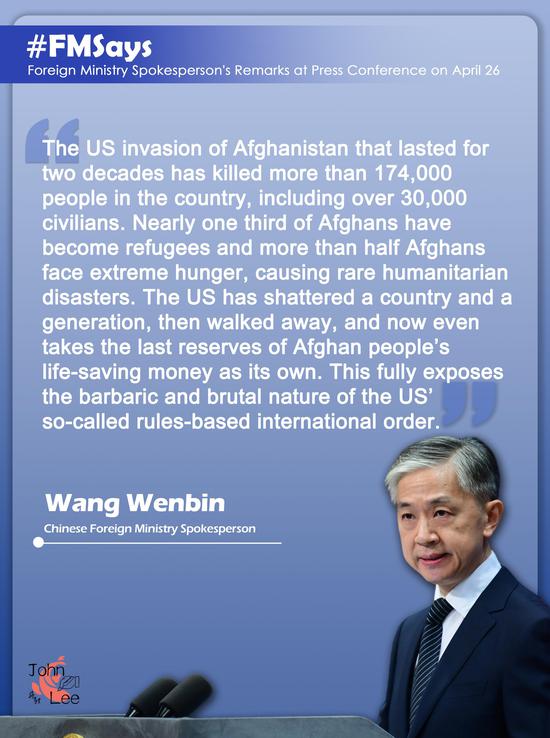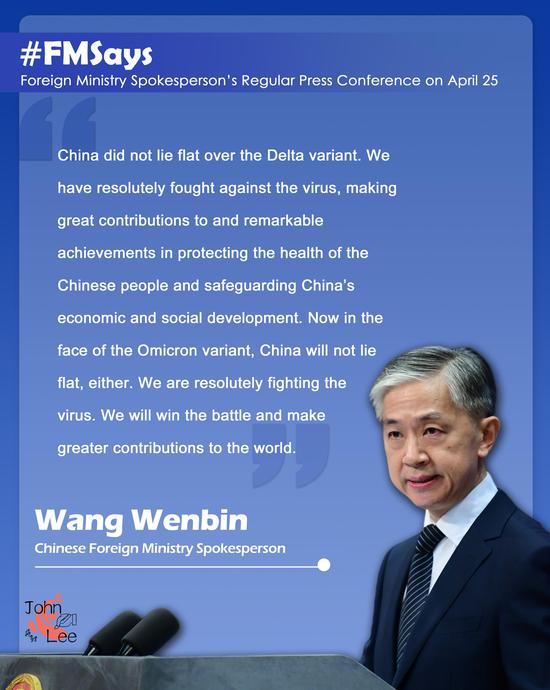Nearly 70 percent of young Chinese internet users face varying degrees of anxiety mainly caused by their studies, work, appearance, and health, according to the Survey Report on the Social Mentality of Young Internet Users in China (2009-2021) which was released recently.
The report, jointly released by the Center for Communication and National Governance of Fudan Development Institute, the Information Security and Social Management Innovation Laboratory of Shanghai Open University, and the Bilibili Institute for Public Policy, found that only 0.3 percent of the 4,556 respondents aged 17 to 32 are not anxious about anything in life.
About 49.4 percent of respondents said they are anxious about their current studies or work status. Women, youth from overseas or eastern cities, and respondents with higher education face the most pressure in this regard, according to the report.
The survey was based on nearly 10 million blogs published by respondents from different regions, age groups, and education levels on social media platform Weibo from 2009 to 2021. The survey also featured 189 indicators, including income, employment, marriage, fertility, circle culture, and environment and animal protection.
According to the report, 67.6 percent of respondents are unwilling to rely on parents for financial assistance and 69.1 percent hope to achieve financial independence early. Only a small portion are satisfied with their current income or working conditions.
Although leaving Beijing, Shanghai, and Guangzhou for smaller cities has become a hot topic among youth in recent years, the survey stated that the attraction of first-tier cities to young netizens has increased. About 22.9 percent of the respondents prefer to work in developed regions.
In terms of love, 29.3 percent of respondents said they are eager to find love, while only about 1.6 percent are unwilling to be in a relationship. However, the proportion of unwillingness to marry has increased from 0.6 percent five years ago to 2.5 percent in the last five years, while the willingness to marry fell from 8.3 to 5.8 percent.
Moreover, the overall willingness of young netizens to have children is low. The number of people with no intention to have children is about four times that of people who want to be parents, the report stated.
Meanwhile, over 88.4 percent of the respondents support environmental protection while 98.2 percent supported animal protection.


















































 京公网安备 11010202009201号
京公网安备 11010202009201号